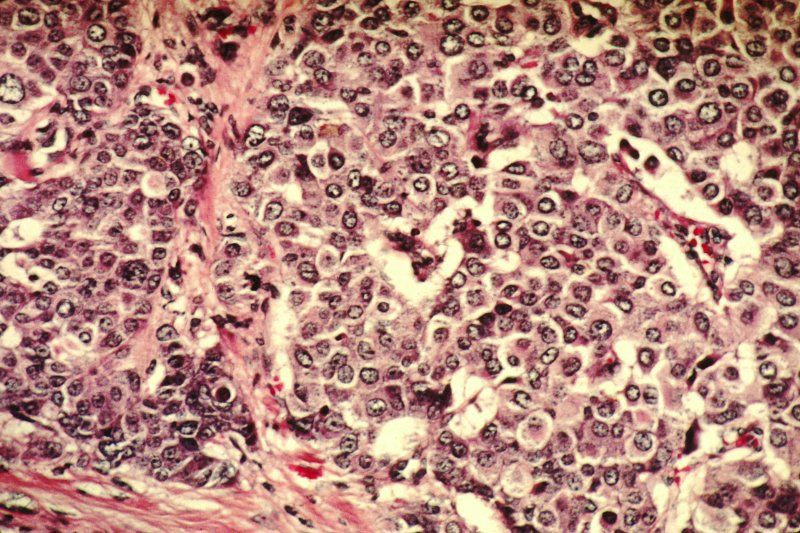A gene called Lipocalin 2 is a major culprit in triple-negative breast cancer, an aggressive form of the disease for which there are few effective, targeted treatments. A team of researchers at Boston Children’s Hospital has developed an innovative way to knock out the gene using the editing system CRISPR and has shown its potential for treating triple-negative breast tumors in mice.
But to make CRISPR work in breast tumors, the researchers had to figure out a way to deliver the technology into breast cancer cells without using a virus or something else that might cause off-target side effects. So they encapsulated it in nanoparticles and targeted it at ICAM-1, a molecule expressed on breast cancer cells.
The encapsulated CRISPR system knocked out Lipocalin 2 with 81% efficiency in tumor samples, and when injected into mouse models of triple-negative breast cancer, it slowed tumor growth by 77%. The researchers reported the results in the journal Proceedings of the National Academy of Sciences.
